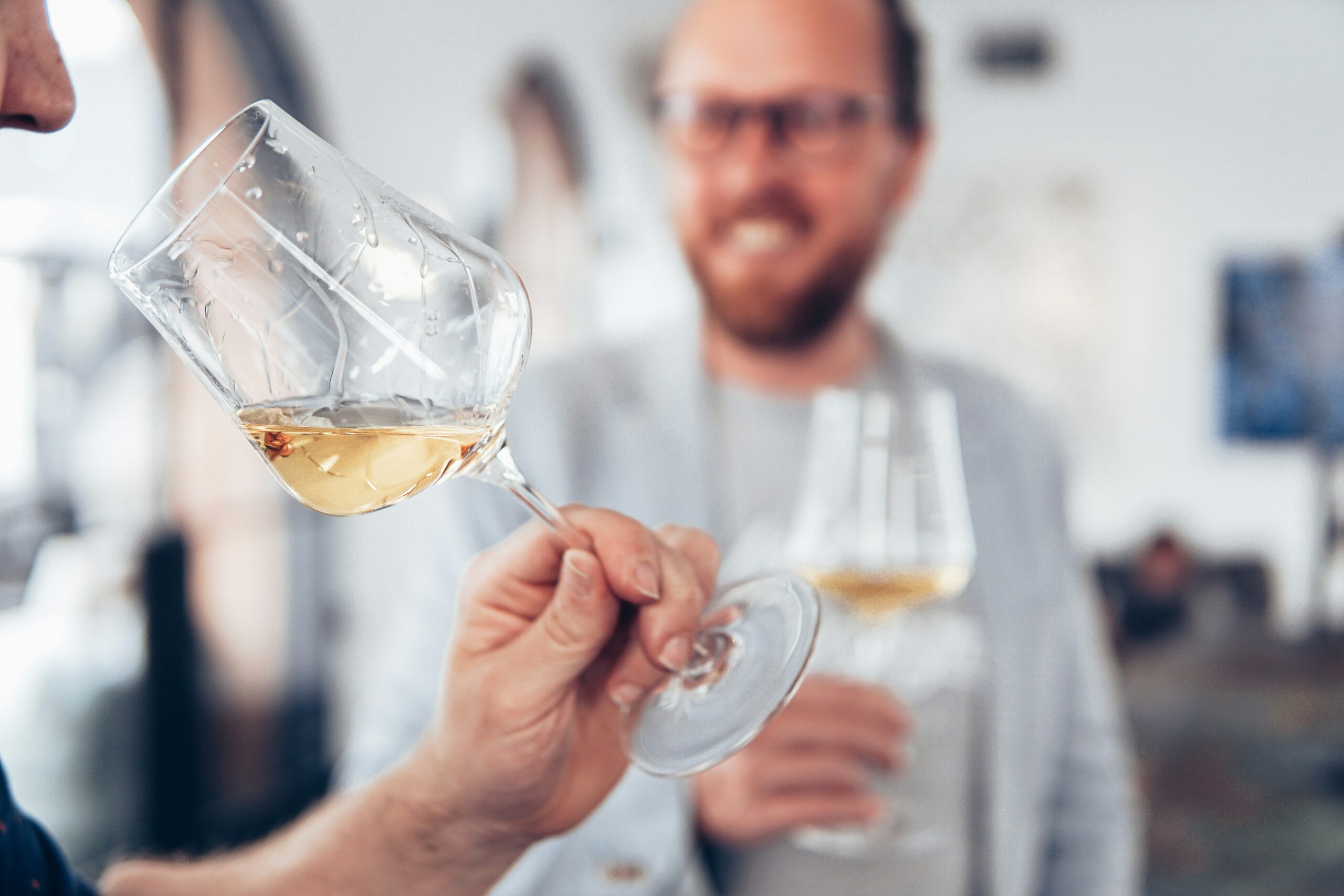
Wine tasting is an art form that delicately blends sensory exploration with cultural appreciation. For enthusiasts and novices alike, the experience offers a delightful journey through flavors, aromas, and the rich histories behind each bottle. This article delves into the multifaceted world of wine tasting, providing insights into how one can enhance their tasting skills while appreciating the subtleties that make each wine unique.
The Basics of Wine Tasting
This is more than simply drinking; it’s about analyzing the wine using three senses: sight, smell, and taste. The first step in any wine tasting is a visual examination. For example, white wines may deepen in color as they age, while red wines might lose their vibrancy.
Next, swirling the wine in the glass introduces oxygen, which helps to release the wine’s aromas. This ‘nose’ of the wine is crucial for pre-tasting analysis and can indicate a wide range of fruit, earthy, floral, or spicy notes.
Finally, tasting the wine involves more than recognizing if it is sweet, sour, or bitter. Connoisseurs assess the balance of these flavors along with the body of the wine, its alcohol content, tannin levels, and the overall complexity of flavors that linger on the palate after swallowing or spitting the wine out.
Tools of the Trade
A few essential tools are required to embark on a wine-tasting journey. The most important thing is proper glassware. Different shapes and sizes of glasses are suited to varying types of wine, with each design intended to enhance the unique characteristics of the wine variety. For instance, wide-bowled glasses are generally used for red wines to allow more surface area for the wine to come into contact with air, enhancing flavor and aroma.
A good-quality corkscrew is also vital for ensuring that cork fragments are not in the wine. Additionally, a wine spittoon may be used for those who prefer not to swallow the wine, which is particularly useful during extensive tasting sessions to avoid intoxication.
Enhancing the Tasting Experience
While the mechanics of this remain constant, a few additional practices can significantly enhance the experience. One key factor is the environment in which you taste. A quiet, neutral space without overpowering smells or distractions can help focus your sensory experiences on the wine.
Pairing wine with appropriate foods can also greatly enhance the flavors. For instance, a crisp white wine may complement a fresh seafood dish, while a robust red wine might pair beautifully with a hearty steak. Understanding these pairings can elevate the experience and bring out the best in wine and food.
Understanding Wine Regions
Part of the allure of wine tasting is learning about the various wine regions and how the climate, soil, and local winemaking traditions influence the final product. From the rolling hills of Tuscany to the rugged landscapes of Argentina’s Mendoza wine region, each area offers unique varieties that reflect their geographical and cultural heritage.
Exploring regional differences can be a rewarding experience that adds depth to your understanding of wine. As you start to identify your preferences for wines from specific regions, it can also help you make informed choices about purchasing wine.
Advanced Tasting Techniques
Exploring advanced tasting techniques can enlighten those looking to deepen their understanding of wine. This might include learning how to identify the influence of specific winemaking processes, such as oak aging or fermentation techniques, on the taste of the wine. Additionally, some tasters learn to recognize the grape varietals used in a blend by flavor and aroma alone.
Joining a wine club or attending guided tastings led by sommeliers can also expand your knowledge and tasting skills. These experiences often provide insight into the finer nuances of wine varieties and vintages.
The Social Aspect of Wine Tasting
Wine tasting is inherently a social experience that brings people together. Sharing perceptions and opinions about wine can enhance your understanding and appreciation of different varieties.
Wine tasting is a dynamic and engaging activity that offers endless opportunities for discovery and enjoyment. Whether you are a seasoned connoisseur or a curious newcomer, the world of wine has something to offer everyone. Exploring wine’s sensory, technical, and social aspects allows you to turn every sip into an extraordinary journey through history, culture, and flavor.